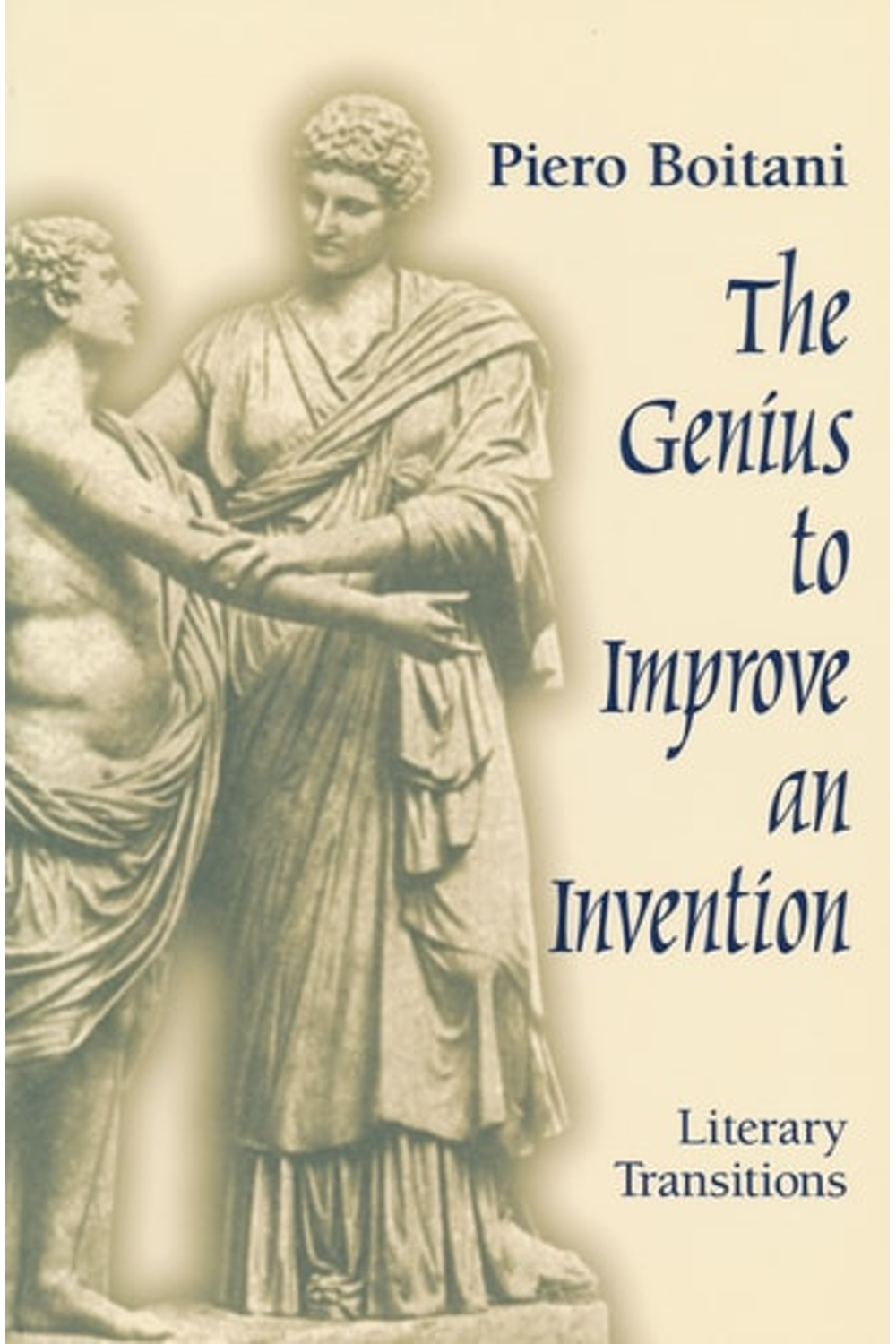Uncover the secrets of literary adaptation with Piero Boitani’s “The Genius to Improve an Invention.” This compelling exploration delves into how authors throughout history have reimagined and revitalized classic narratives. Boitani examines the creative tension between honoring tradition and forging new artistic paths, drawing on figures like T.S. Eliot and Harold Bloom to illuminate the complex relationship between literary past and present. Through insightful analyses of works from Aeschylus to Sartre, this book reveals the enduring power of influence and the transformative nature of literary genius. Discover how Shakespeare, Dante, and other literary titans continue to shape the stories we tell today. Perfect for students and avid readers seeking a deeper understanding of Western literary tradition. Published by University of Notre Dame Press.
Genius to Improve an Invention: Literary Transitions
19,73 $
In stock
The Genius to Improve an Invention derives its title from John Drydens phrase for the British tendency to take up literary masterpieces from the past and perfect them. Distinguished literary scholar Piero Boitani adopts Drydens notion as a framework for exploring ways in which classical and medieval texts, scenes, and themes have been rewritten by modern authors. Boitani focuses on a concept of literary transition that takes into account both T.S. Eliots idea of tradition and individual talent and Harold Blooms anxiety of influence. In five elegant essays he examines a wide range of authors and texts, including Aeschylus, Sophocles, Euripides, Shakespeare, Chaucer, Voltaire, Goethe, Sartre, Dante, and Keats. Appearing for the first time in an English translation, The Genius to Improve an Invention will appeal to anyone interested in the Western literary tradition.
| Authors | |
|---|---|
| Binding | |
| Condition | |
| ISBN-10 | 0268029512 |
| ISBN-13 | 9780268029517 |
| Language | |
| Pages | 168 |
| Publisher | |
| Year published | |
| Weight | 240 |
| Edition | 1 |
| Dewey decimal | 809 |
Related products
Blue Period 1
35,65 $
- Additional information
- Currencies
- USD – United States dollar
- EUR – Euro
- GBP – Pound sterling
- CNY – Chinese yuan
- BRL – Brazilian real
- MXN – Mexican peso
- JPY – Japanese yen
- PHP – Philippine peso
- THB – Thai baht
- PLN – Polish złoty
- CAD – Canadian dollar
- MYR – Malaysian ringgit
- AUD – Australian dollar
- TWD – New Taiwan dollar
- CZK – Czech koruna
- SEK – Swedish krona
- HUF – Hungarian forint
- ILS – Israeli new shekel
- CHF – Swiss franc
- HKD – Hong Kong dollar
- DKK – Danish krone
- SGD – Singapore dollar
- NOK – Norwegian krone
- NZD – New Zealand dollar





